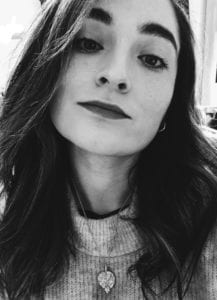
Joanna L. Cresswell is a writer and editor based in Brighton. She has written on photography and culture for over 40 international magazines and journals, and held positions as editor for organisations including The Photographers' Gallery, Unseen Amsterdam and Self Publish, Be Happy. She recently completed an MA in comparative literature and criticism at Goldsmiths College, University of London